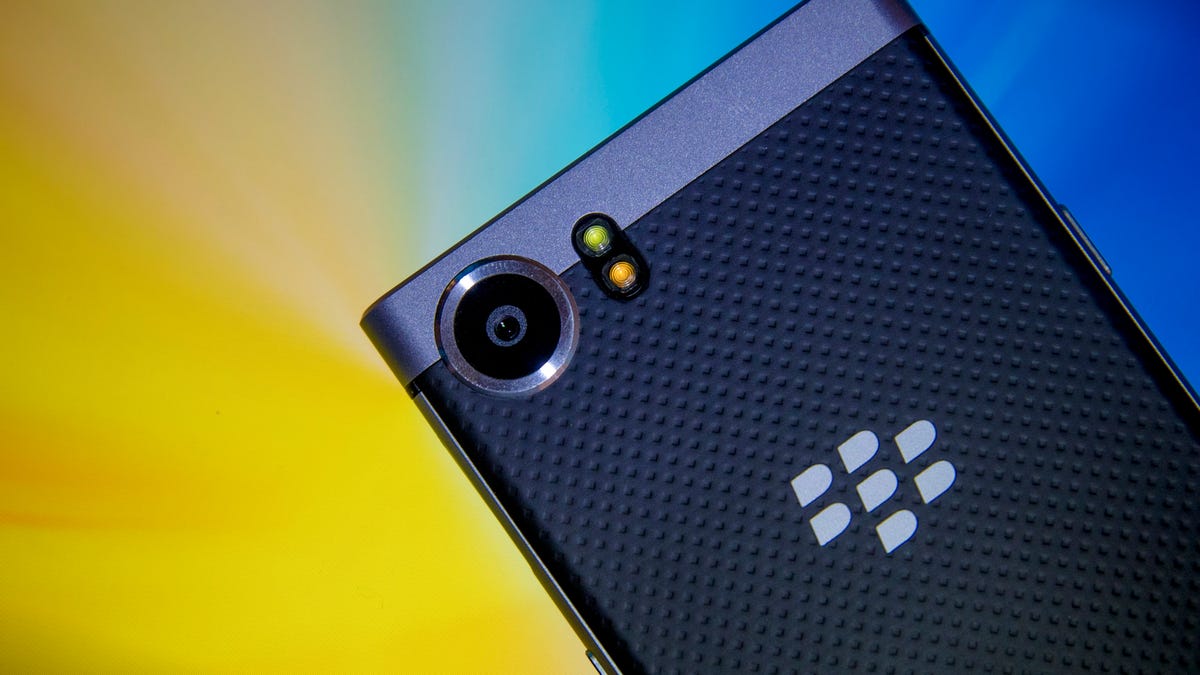BlackBerry developing a virus scanner for cars, report claims
It's currently being tested in high-end vehicles, a financial analyst claims.

With the increasing computerization of vehicles comes additional cybersecurity concerns. BlackBerry, which already has a strong presence in the auto industry, thinks it can assuage those concerns with a new service.
BlackBerry is working on a security device that could scan a car for computer viruses, Reuters reports, citing Macquarie financial analyst Gus Papageorgiou. Two high-end automakers are reportedly testing the service right now. BlackBerry spokeswoman Sarah McKinney declined to comment.
BlackBerry is more than just a phone, or a joke about relevant tech companies. Its QNX operating system lives in tens of millions of cars around the world.
Think of BlackBerry's service as a virus scanner for cars. Not only can it warn drivers when a vehicle might be compromised, but it's also reportedly capable of installing security patches on idle vehicles. It could be baked into vehicles, but BlackBerry will reportedly generate roughly $10 per vehicle per month, so it sounds like a subscription service. It's unclear if the automaker would eat the cost, or pass it on to the consumer.
Automotive cybersecurity is an increasingly popular topic, especially as companies finally begin developing and testing autonomous vehicles. If a computer is trusted with keeping you alive as it hurtles down the road at 75 mph, you'll want to make sure you trusted a computer that's not going to end up infected with something, sort of how you might not trust a babysitter that's been arrested for kidnapping.
The issue of automotive cybersecurity entered the public eye in 2015, when Wired ran a piece on two researchers who uncovered vulnerabilities in a Jeep that could put a driver in serious danger. That story led to a recall of more than 1 million vehicles, as Fiat Chrysler hustled to patch the vulnerability. Having a system that could reasonably scan itself to prevent dangerous situations could go a long way in assuaging customer fears about new cars and new technology.
You might not have heard BlackBerry's name in some time, but the company is more than just a purveyor of cellphones with physical keyboards. It also produces the QNX operating system, which dozens of automakers use as the basis for their infotainment systems. QNX currently resides in more than 50 million vehicles worldwide.

